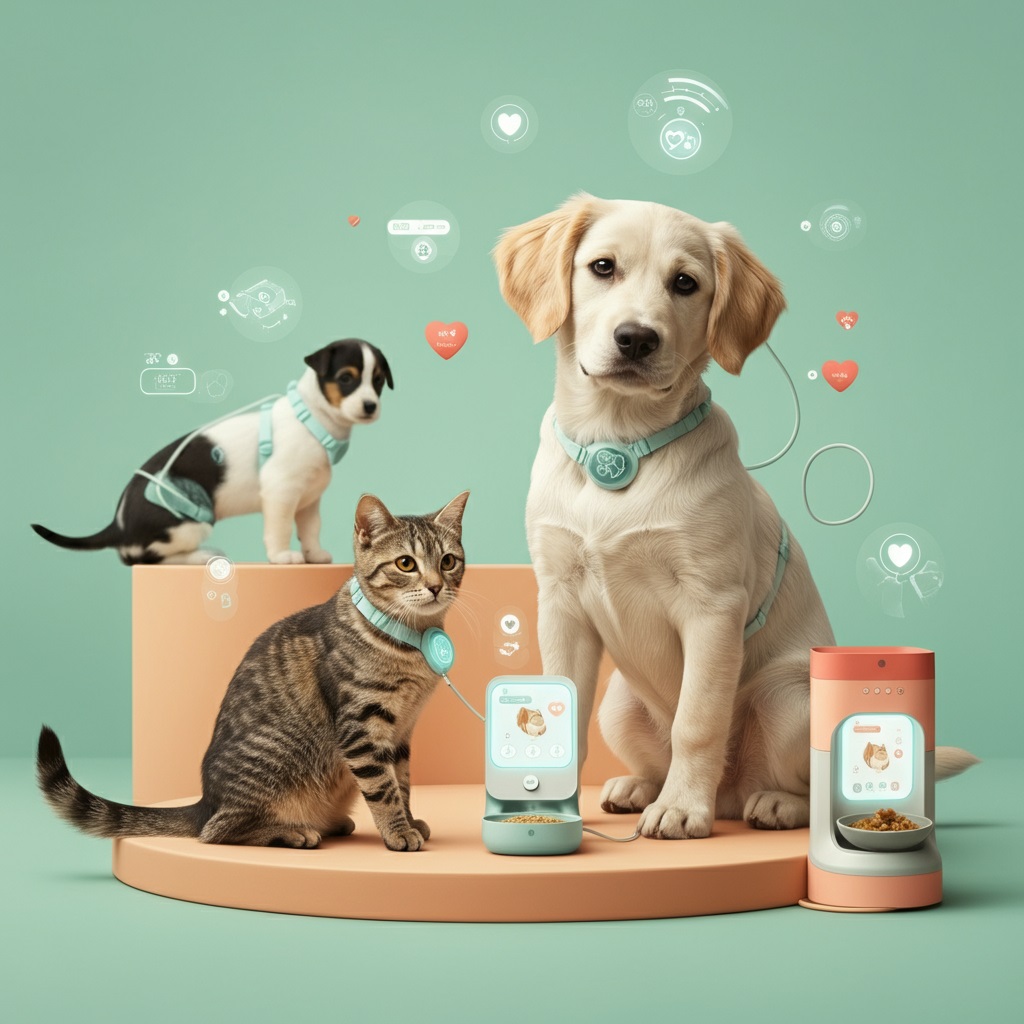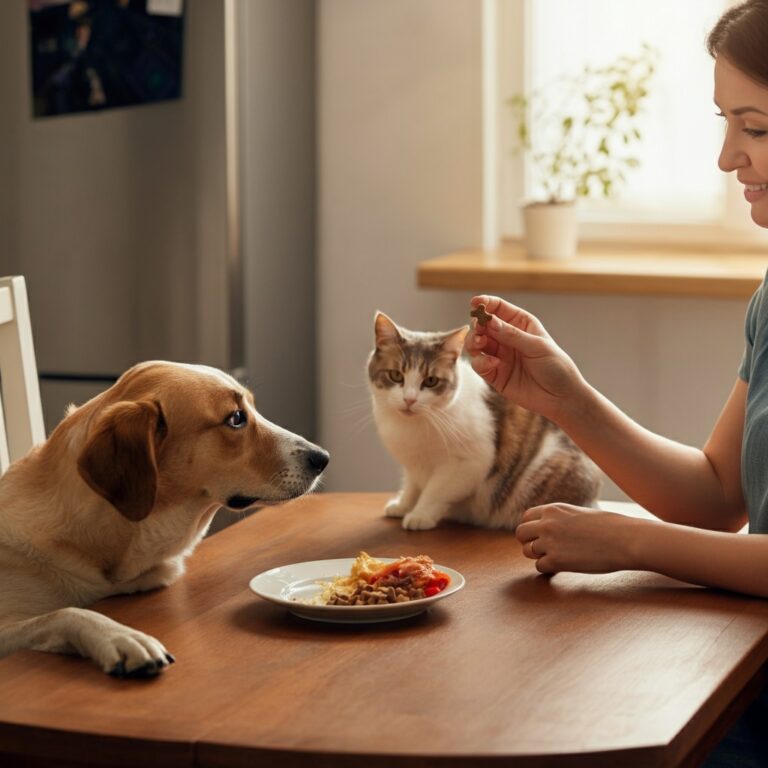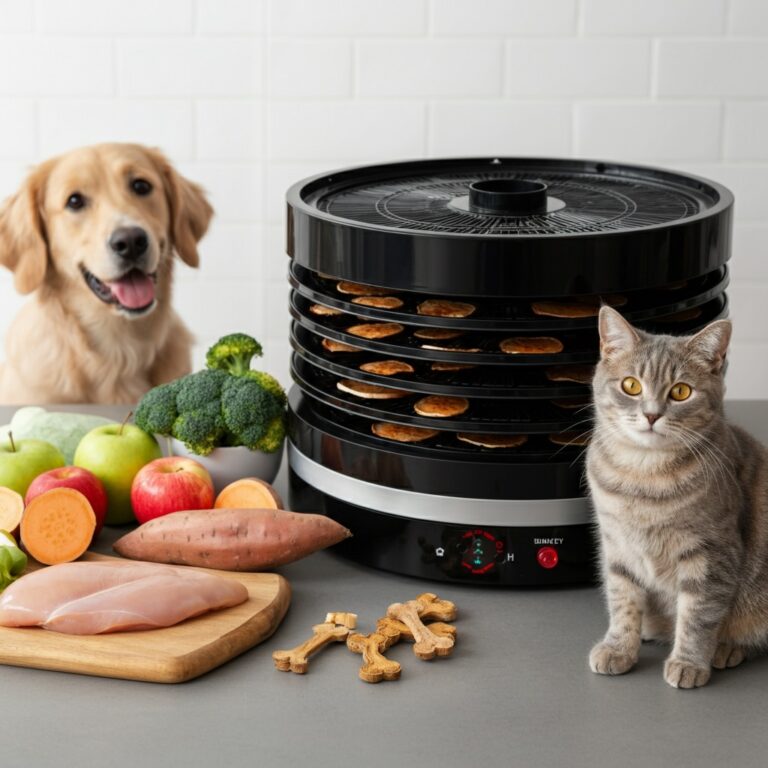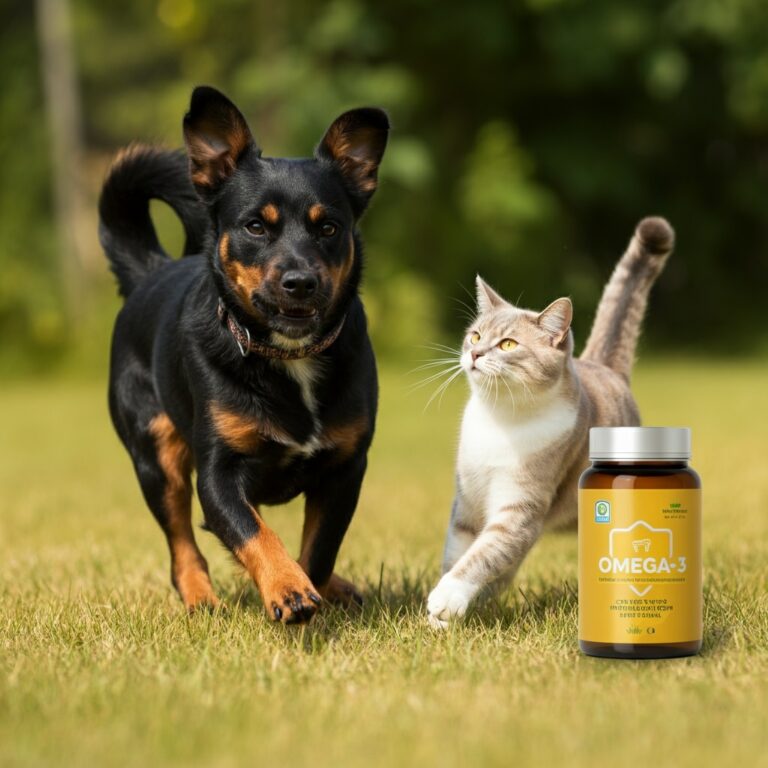
The pet industry has experienced unprecedented growth, with Americans spending over $136 billion on their furry, feathered, and scaled companions in 2022. This surge in pet ownership, particularly accelerated by the pandemic, has created fertile ground for innovative startups focused on animal wellness. These companies are transforming how we care for our pets through technology, personalized nutrition, and groundbreaking healthcare solutions.
From AI-powered health monitoring to customized meal plans delivered to your doorstep, pet startups are addressing longstanding challenges in animal care. This comprehensive look explores the most promising companies reshaping the pet wellness landscape and what their innovations mean for pet owners everywhere.
The Digital Health Revolution for Pets
Telemedicine Takes Center Stage
Pet telemedicine has emerged as one of the most significant developments in animal healthcare. Companies like Fuzzy and Vetster are connecting pet owners with licensed veterinarians through video consultations, making professional advice more accessible than ever.
Fuzzy offers 24/7 virtual consultations alongside a membership program that includes preventive care reminders and health tracking. Their platform has helped thousands of pet owners address minor concerns without the stress and expense of emergency vet visits.
Vetster operates as the “Uber for veterinary care,” allowing pet owners to book appointments with specialized veterinarians based on their pet’s specific needs. Whether you need a dermatologist for your dog’s skin condition or a behaviorist for your cat’s anxiety, Vetster connects you with the right expert.
Wearable Technology for Four-Legged Friends
The wearable technology market for pets is exploding, with startups developing sophisticated devices that monitor everything from activity levels to vital signs. Fi has created a smart collar that tracks location, activity, and sleep patterns while providing owners with detailed insights about their dog’s health and behavior.
Whistle, now part of Mars Petcare, offers GPS tracking combined with health monitoring. Their devices can detect changes in a pet’s behavior that might indicate illness, often before visible symptoms appear.
These wearables are particularly valuable for senior pets, where early detection of health issues can significantly impact treatment outcomes and quality of life.
Personalized Nutrition: One Size Doesn’t Fit All
Custom Meal Plans Based on Individual Needs
The pet food industry is experiencing a major shift toward personalization. Startups like The Farmer’s Dog and Nom Nom are creating custom meal plans based on each pet’s age, weight, activity level, and health conditions.
The Farmer’s Dog uses fresh, human-grade ingredients to create personalized meals that are pre-portioned and delivered frozen. Their approach eliminates the guesswork from pet nutrition while ensuring optimal freshness and nutritional value.
Nom Nom goes a step further by incorporating veterinary nutritionists into their meal planning process. Each recipe is formulated to meet specific dietary requirements, with options for pets with allergies, sensitivities, or chronic conditions.
Subscription Services Changing Feeding Habits
BarkBox revolutionized pet retail with their subscription box model, but newer companies are applying this concept specifically to nutrition and wellness. Spot & Tango offers fresh, cooked meals delivered on a subscription basis, while PetPlate focuses on restaurant-quality meals made with human-grade ingredients.
These services address the growing concern among pet owners about the quality and safety of commercial pet food. By providing transparency in sourcing and preparation, these startups are building trust with consumers who view their pets as family members.
Mental Health and Behavioral Wellness
Addressing Pet Anxiety and Stress
The recognition of mental health issues in pets has led to innovative solutions from startups focused on behavioral wellness. Pupford combines training resources with anxiety-reducing products, while Kradle offers a comprehensive approach to pet mental health through their app-based platform.
Kradle’s app helps pet owners identify signs of anxiety and stress in their pets while providing customized training programs and behavioral modification techniques. Their approach combines professional expertise with accessible technology.
Training and Behavioral Modification
Dogo has created a mobile app that gamifies dog training, making it easier for owners to teach their pets new behaviors and commands. The app includes step-by-step video tutorials and progress tracking, turning training into an engaging experience for both pets and owners.
GoodPup connects dog owners with certified trainers through video sessions, offering personalized training programs that can be accessed from home. This approach is particularly valuable for pets with behavioral issues that make traditional group classes challenging.
Technology-Driven Healthcare Solutions
AI-Powered Diagnostics
Artificial intelligence is making its way into veterinary medicine through startups developing diagnostic tools and health assessment platforms. Basepaws uses DNA testing to provide insights into a pet’s genetic health risks, breed composition, and potential hereditary conditions.
Continues after advertising
Petnostics has developed at-home testing kits that analyze urine samples to detect early signs of urinary tract infections, kidney disease, and diabetes. These tests provide immediate results through a smartphone app, enabling faster treatment decisions.
Preventive Care Platforms
Preventing health issues before they become serious problems is a key focus for many pet wellness startups. Fuzzy’s membership model emphasizes preventive care through regular check-ins, vaccination reminders, and health tracking.
Pawp offers a different approach with their emergency fund concept, where pet owners pay a monthly fee for access to emergency veterinary care funding. This model helps address the financial barrier that often prevents pet owners from seeking necessary medical treatment.
The Insurance and Financial Wellness Sector
Making Pet Healthcare Affordable
Pet insurance startups are addressing the financial burden of veterinary care through innovative coverage models. Lemonade Pet Insurance uses artificial intelligence to streamline the claims process, often approving and paying claims within minutes.
Trupanion takes a different approach by paying veterinaries directly at the time of service, eliminating the need for pet owners to pay upfront and wait for reimbursement. This model reduces financial stress during medical emergencies.
Flexible Payment Solutions
Scratchpay has created a payment platform specifically for veterinary expenses, offering flexible payment plans that make expensive treatments more manageable for pet owners. Their solution integrates directly with veterinary practice management systems.
CareCredit, while not exclusively for pets, has become a popular financing option for veterinary care, allowing pet owners to spread costs over time without traditional credit requirements.
Challenges and Opportunities Ahead
Regulatory Considerations
Pet wellness startups face unique regulatory challenges, particularly those offering medical devices or pharmaceutical products. The FDA regulates many pet health products, and companies must navigate complex approval processes while maintaining innovation pace.
Telemedicine regulations vary by state, creating compliance challenges for companies operating across multiple jurisdictions. Some states require prior relationships between veterinarians and pets before telemedicine consultations can occur.
Market Saturation and Competition
The rapid growth in pet startups has led to increased competition in certain segments. Companies must differentiate themselves through superior technology, better customer experience, or unique value propositions.
Traditional pet care companies are also entering the startup space, either through acquisitions or by developing their own innovative solutions. This competition is driving improvements across the industry but also making it more challenging for new entrants to gain market share.
The Future of Pet Wellness Innovation
Emerging Technologies
Virtual reality and augmented reality technologies are beginning to find applications in pet training and enrichment. Some startups are exploring how these technologies can provide mental stimulation for pets or enhance training experiences.
Blockchain technology is being investigated for pet identification and medical record management, potentially creating more secure and portable health records for pets.
Expanding Market Opportunities
The global pet care market continues to grow, with emerging markets presenting new opportunities for pet wellness startups. As pet ownership increases worldwide, companies that can adapt their solutions to different cultural contexts and economic conditions will find significant growth potential.
The integration of smart home technology with pet care is another emerging trend, with startups developing automated feeding systems, environmental monitoring, and home security solutions designed specifically for pet owners.
Read More👉 New Regulations for Airline Pet Travel (2025 Update)
Transforming Pet Care for a New Generation
Pet wellness startups are fundamentally changing how we care for our animal companions. Through innovative technology, personalized approaches, and a focus on preventive care, these companies are addressing real problems faced by pet owners while improving outcomes for animals.
The most successful startups in this space understand that pets are family members, not just animals, and they’re building solutions that reflect this emotional connection. As technology continues to advance and consumer expectations evolve, we can expect even more innovative solutions to emerge.
For pet owners, this innovation wave means access to better healthcare, more convenient services, and deeper insights into their pets’ wellbeing. The future of pet care is bright, driven by entrepreneurs who recognize that our animals deserve the same level of care and attention that we give to other family members.
The companies leading this transformation are not just building businesses; they’re creating a new standard for animal wellness that will benefit pets and their owners for generations to come.






